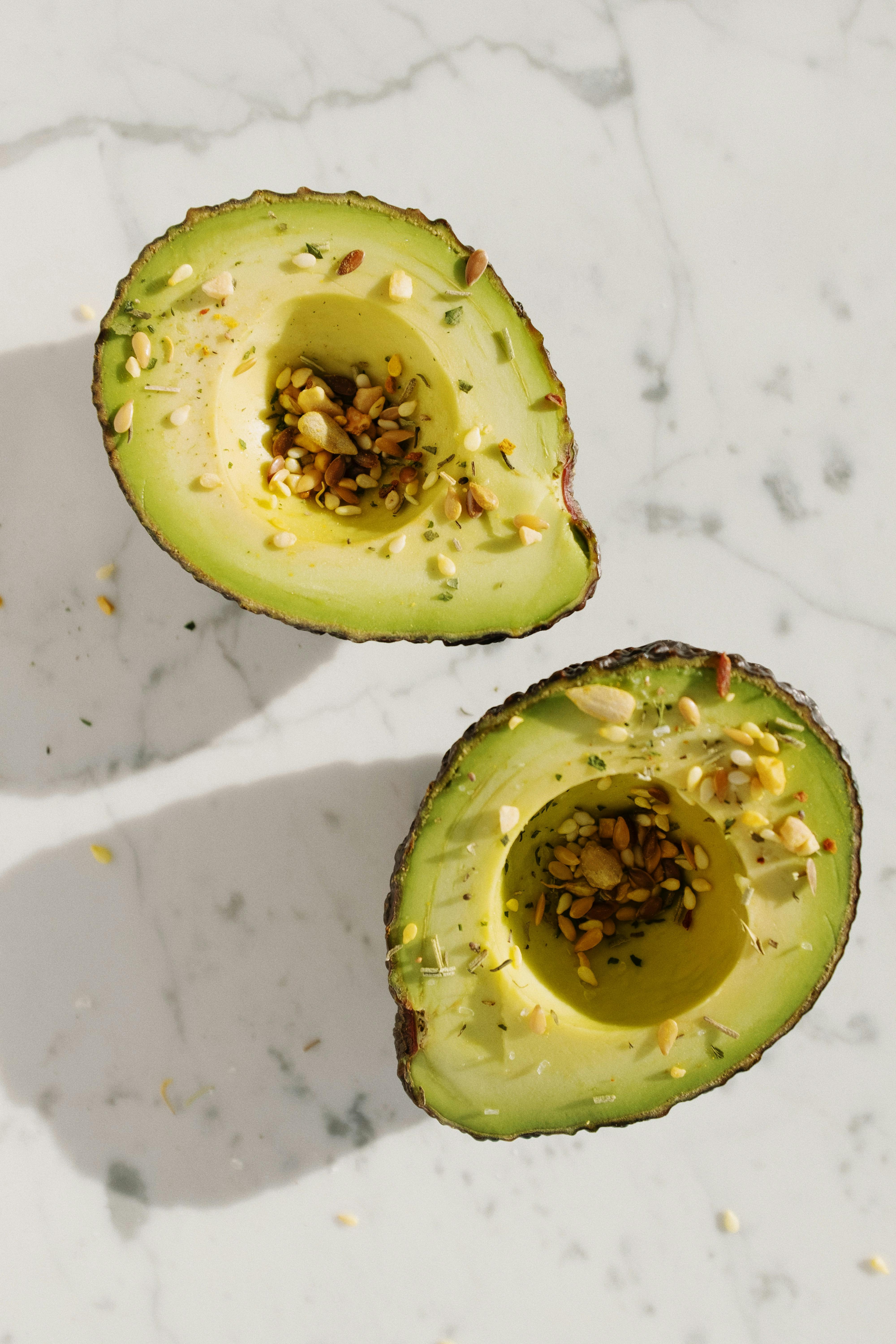Effective Ways to Optimize The Rock Diet in 2025
The Rock Diet, inspired by Dwayne Johnson's rigorous fitness regime, has gained immense popularity among fitness enthusiasts seeking to build muscle, lose weight, and enhance overall wellness. In 2025, optimizing this diet involves understanding its core principles, key nutrient components, and the integration of practical meal planning strategies. With an emphasis on high protein intake, clean eating habits, and meal timing, individuals can tailor their nutrition to not only fuel workouts but also support recovery and promote long-term health.
This article explores effective ways to implement the Rock Diet, incorporating beneficial meal prep practices, portion control, and hydration tips. Additionally, we will address the importance of maintaining dietary diversity and adhering to nutritional guidelines. By following these suggestions, you can ensure that your approach to The Rock Diet not only aligns with current trends but also meets your personal fitness goals, providing a balanced pathway to healthy living.
Key takeaways include understanding energy-boosting foods, the significance of whole grains and lean meats, and practical tips for successful meal prep. Get ready to embark on this nutritional journey!
Building a Balanced Meal Foundation
To effectively follow The Rock Diet, it is crucial to establish a balanced meal foundation that emphasizes a variety of nutrients. Each meal should incorporate essential nutrients, calories, and macronutrient ratios that align with your fitness goals. Building meals around lean proteins, complex carbohydrates, and healthy fats can ensure that you meet your calorie intake while optimizing muscle gain and recovery.
Understanding Macronutrient Ratios
The optimal macronutrient composition for the Rock Diet primarily includes a high protein intake, supported by healthy fats and complex carbohydrates. The recommended ratio often resembles a 40-30-30 split, where 40% comes from carbohydrates, 30% from proteins, and 30% from fats. This balance not only fuels energy during workouts but supports muscle recovery after intense training sessions.
Protein sources such as chicken, fish, and lean beef are essential for muscle growth, while complex carbohydrates from brown rice and whole grains provide the energy necessary for sustained activities. Combining these with healthy fats sourced from avocados and nuts creates a nutrient-dense meal that keeps you satiated and supports overall health.
Portion Control and Daily Caloric Monitoring
Knowing portion sizes is paramount when optimizing The Rock Diet. Gaining the right amount of muscle or losing weight depends heavily on how many calories you consume daily versus those you expend. Utilizing food diaries or apps to keep track of your calorie intake can prevent overeating and ensure that your diet remains aligned with your fitness objectives.
Understanding your Total Daily Energy Expenditure (TDEE) will help you set appropriate calorie goals. This information guides portion sizes and ensures you’re fueling your body correctly without exceeding daily caloric needs. Adjusting these portions according to your physical activity levels also contributes to better energy management.
Meal Timing Strategies for Optimal Results
Strategically timing your meals can greatly enhance the effectiveness of The Rock Diet. Meal frequency plays a vital role in maintaining energy levels and supporting muscle recovery. Eating every 3-4 hours can ensure a steady influx of nutrients and enhance metabolism throughout the day.
Pre-workout meals should focus on high energy, including complex carbs and proteins to fuel your workout, while post-workout meals should emphasize protein and carbohydrates to aid recovery. This practice of nutrient timing not only helps in achieving muscle gain but also assists in keeping energy levels stable.
Incorporating Healthy Snacks and Cheat Meals
In any diet plan, including The Rock Diet, the incorporation of healthy snacks and planned cheat meals can prevent feelings of deprivation and support long-term adherence. A well-rounded diet should allow for some flexibility, particularly when it comes to satisfying cravings without derailing progress.
Smart Snack Choices for Sustained Energy
Choosing nutritious snacks can bridge the gap between meals, aiding in energy maintenance and preventing impulse eating. Snacks rich in protein and healthy fats, such as Greek yogurt, almonds, or homemade protein bars, can provide quick energy without excessive calories.
Additionally, incorporating fiber-rich foods, such as fruits and vegetables, can enhance satiety and support digestive health. These snacks not only keep you energized but also help in managing cravings effectively.
Designing Guilty-Free Cheat Meals
Cheat meals should be structured rather than impulsive. Schedule these meals periodically to indulge in favorite foods without guilt. Planning ahead ensures you can enjoy these meals while still remaining under your caloric goal for the week.
When contemplating cheat meals, consider healthier versions of favorite dishes. Experiment with lower-calorie cooking methods or ingredient swaps, such as using zoodles instead of pasta, which keeps the pleasure of indulgence within a healthy context.
Cooking Techniques for Meal Prep Success
Efficient cooking methods can significantly streamline your meal prep efforts, making it easier to stick to The Rock Diet. Utilizing various cooking techniques and preparing meals in advance not only saves time but promotes healthy eating habits.
Batch Cooking for Efficiency
Batch cooking is an effective strategy for managing time in the kitchen. Designate one day a week to prepare and cook a variety of meals in bulk. This not only ensures that you have ready-to-eat meals throughout the week but also eliminates the temptation for unhealthy food options during busy periods.
For instance, roast a large tray of vegetables, grill several chicken breasts, and cook enough quinoa or brown rice to last a few days. Storing these meal-building blocks in pre-portioned containers can make it easy to assemble balanced meals quickly.
Mindful Cooking for Quality Nutrition
Using mindful cooking techniques can enhance the quality of meals while maximizing nutrient retention. Choosing fresh, natural foods and avoiding processed ingredients contributes to clean eating habits. Emphasizing whole foods allows you to maintain control over the quality of nutrients in your diet.
Incorporate techniques like steaming or sautéing rather than boiling to preserve vitamins and minerals in your vegetables. Experiment with different cooking methods to keep meals exciting and nutritious.
Long-Term Success with The Rock Diet
Sustaining momentum with The Rock Diet comes down to consistency, motivation, and a commitment to long-term health goals. As individuals navigate their fitness journeys, it's essential to adapt and refine their dietary approaches continuously.
Tracking Dietary Progress
Monitoring your nutritional progress plays a crucial role in achieving fitness goals. Utilizing tools like food diaries or mobile applications not only enhances awareness of what you are consuming but also helps identify areas where adjustments may be needed.
Incorporating macro tracking allows you to understand the balance of nutrients in your diet. This practice supports dietary consistency by enabling you to adhere more closely to your planned intake.
Embracing Changes in Nutritional Habits
As you work towards long-term success, remain flexible and open to change. The Rock Diet should evolve with your goals; instead of following it rigidly, find ways to personalize it according to your preferences and lifestyle.
Consider seeking professional dietary consulting or engaging with the fitness community for guidance and support in making these positive changes. By sharing experiences and tips with others, you'll be more equipped to maintain healthy eating habits longer.
Q&A Section: Your Rock Diet Questions Answered
How can I ensure I’m following The Rock Diet correctly?
Start by understanding the foundational elements of the diet, focusing on macronutrient ratios, portion control, and efficient meal timing. Track your dietary intake using apps or food diaries to maintain accountability.
What are the best protein sources to include in my meals?
Lean meats like chicken, turkey, and fish, along with plant-based options like lentils and quinoa, offer excellent protein sources. Incorporate a variety of protein options throughout the week for optimal nutrient diversity.
Can I enjoy cheat meals while on The Rock Diet?
Yes, incorporating cheat meals is beneficial for psychological satisfaction and adherence. Plan these meals wisely and opt for healthier alternatives when possible.
What are some easy and healthy snack ideas?
Try snacks like Greek yogurt with fruit, almonds, protein shakes, or veggie sticks with hummus for quick nutrient-dense options that keep you energized.
How important is hydration on The Rock Diet?
Proper hydration is essential for overall health, meal digestion, and workout performance. Ensure you drink sufficient water throughout the day, including during workouts, for optimal hydration.


